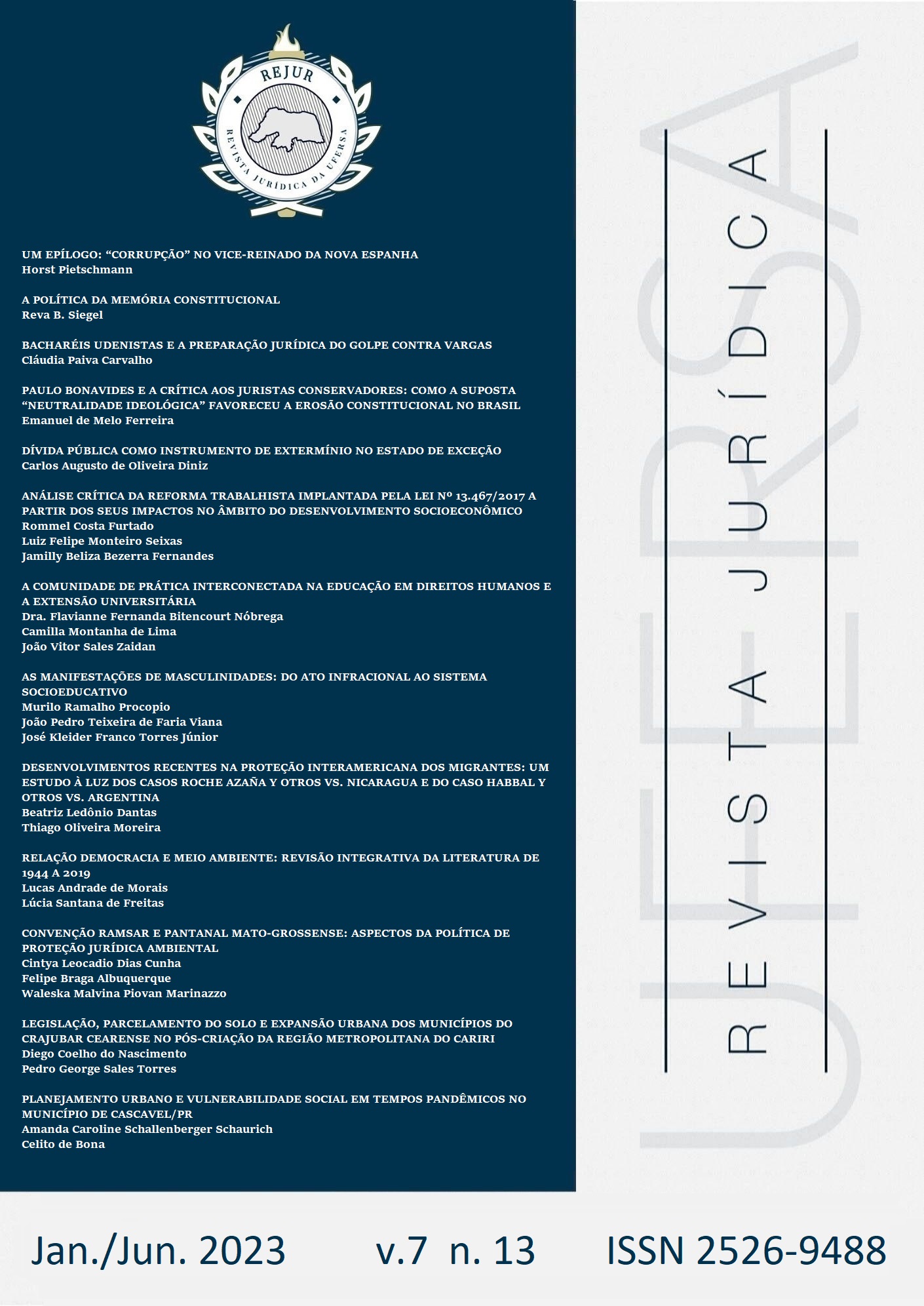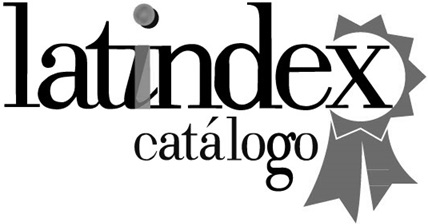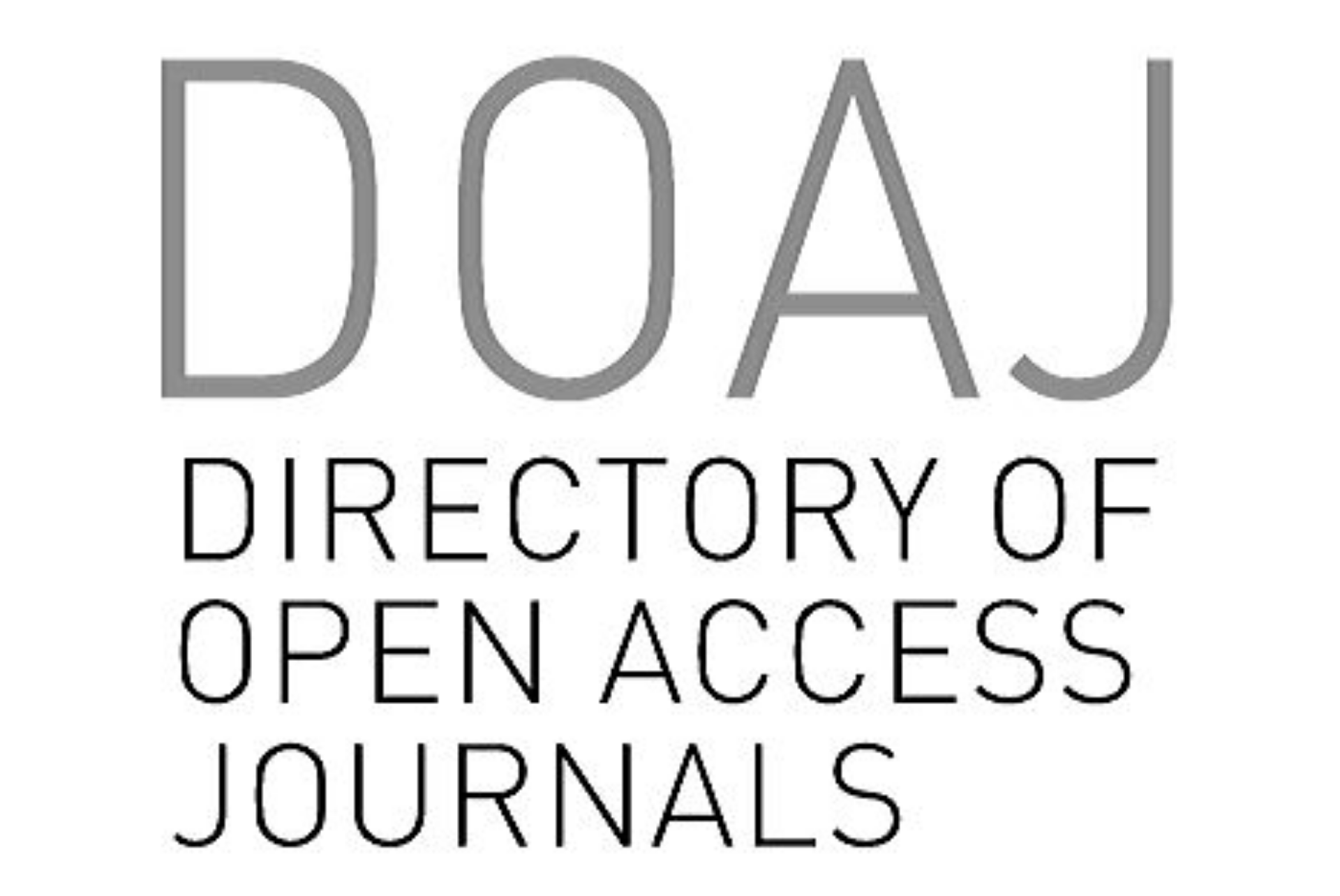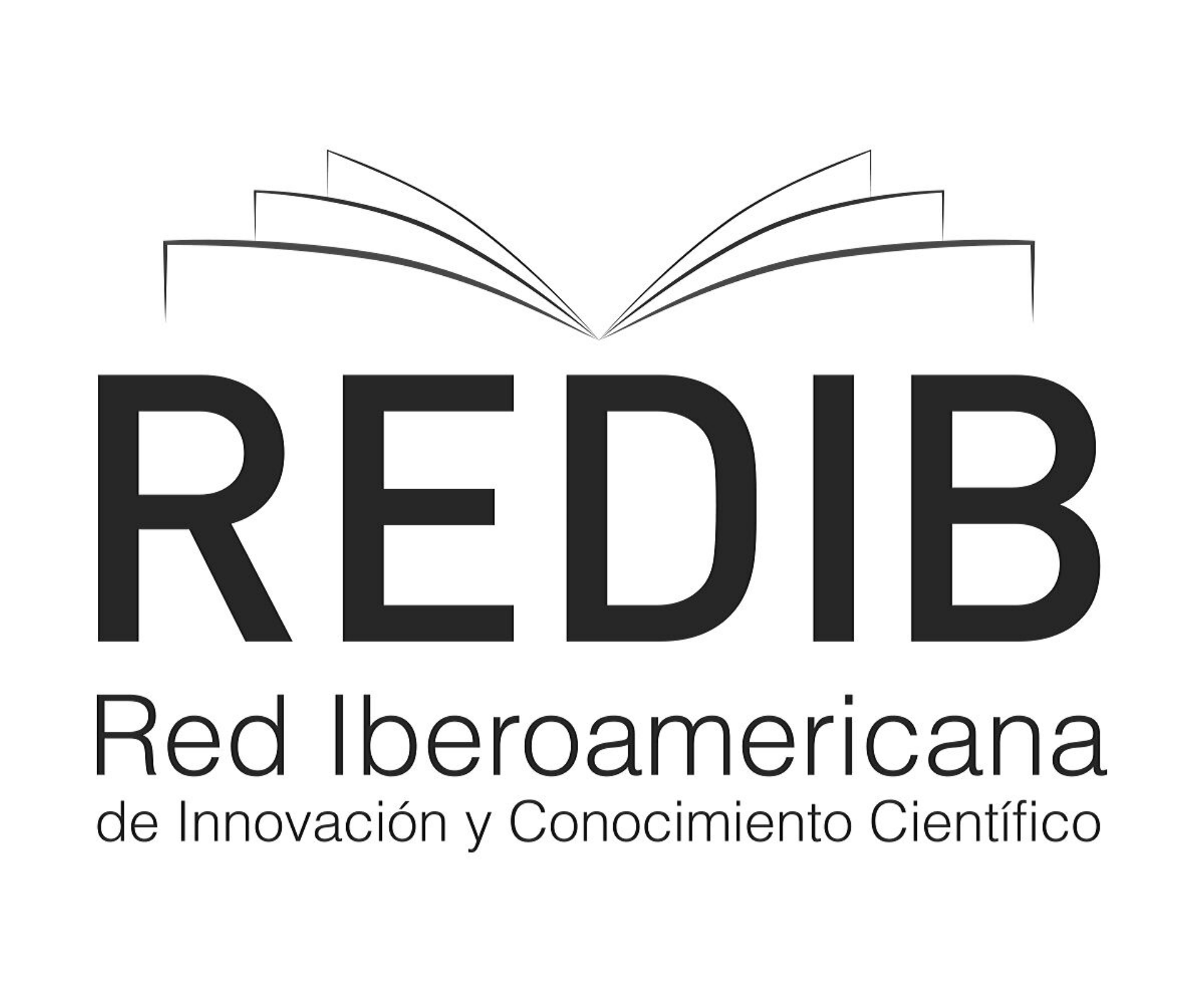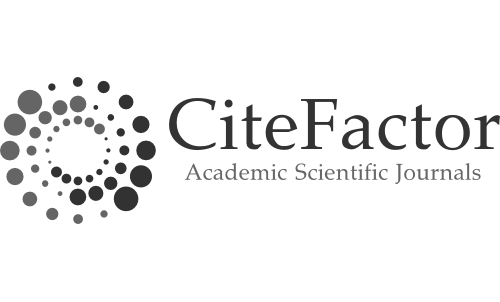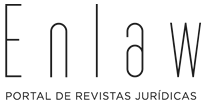An Epilogue: "Corruption" in the Viceroyalty of New Spain
DOI:
https://doi.org/10.21708/issn2526-9488.v7.n13.p1-13.2023Abstract
Does the current study of corruption allow for the identification of phenomena that can be identified within the historical past? To what extent does the diffusion of corruption allow for conclusions to be drawn about the strength of a state order, whether in the past or in the present? And, finally, to what extent is corruption a phenomenon that, despite the antiquity of its term, presents itself in very varied forms and within the changes of a society throughout its history? The current attempts by international organizations to promote anti-corruption legislation and to confront/prosecute evident and serious cases, in defense of norms of international behavior concordant with national legislations to stabilize a system of governmental sets that have declared themselves in favor of common values, would be worthy of comparison with the imperial policies of modern times. The multiplication of formal empires in the early 19th century, in a phase of restoration after the revolutionary wars, responded to similar attempts. All in all, it is a great topic, worthy of further study by younger historians.
Downloads
Published
Issue
Section
License
Copyright (c) 2023 UFERSA's Law Review

This work is licensed under a Creative Commons Attribution-NonCommercial-NoDerivatives 4.0 International License.
Ao enviarem seus artigos, os autores concordam com os seguintes termos: 1. Cede-se à REJUR, gratuitamente e sem regime de exclusividade, seus direitos autorais; 2. Confere-se à REJUR os direitos de primeira publicação, permitindo-se o livre compartilhamento dos artigos veiculados em formato PDF; 3. Divulgações posteriores em periódicos, livros, obras coletivas ou eventos de qualquer natureza devem fazer referência à REJUR como meio de publicação original; 4. Os autores são responsáveis pelo conteúdo constante de seus textos; 5. o trabalho será licenciado também sob a Licença Creative Commons Atribuição-NãoComercial-SemDerivações 4.0 Internacional.

